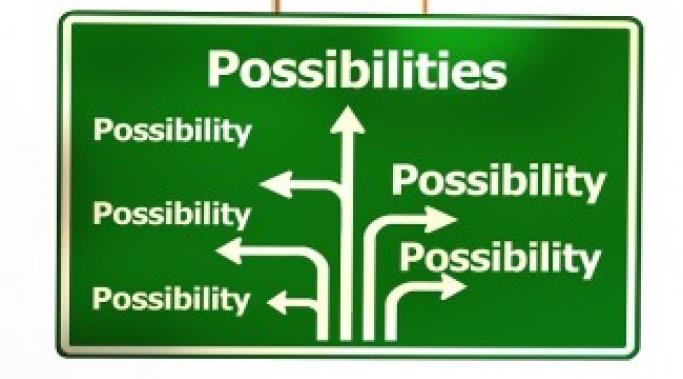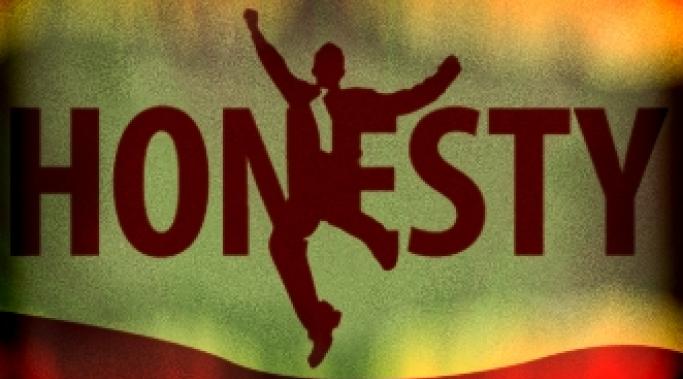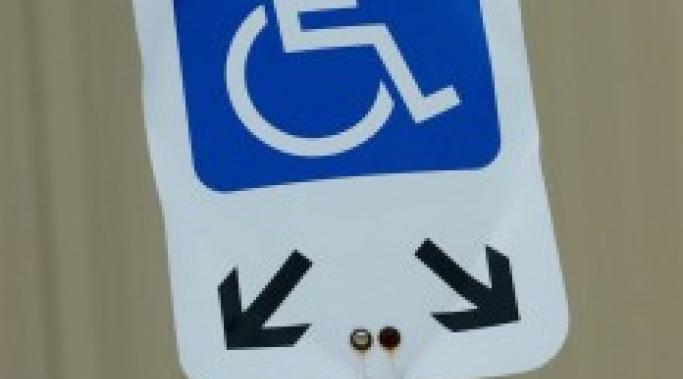I’ve written a lot about bipolar triggers over the years and usually I write about bipolar triggers you can control (Pushing Aside Daily Mental Health Triggers is Tough). But, as we all know, there are some bipolar triggers you can’t control. I’m dealing with one right now: the death of my father. His death was very inconvenient to me in that I certainly had no time for it. I have no time for a memorial, I have no time to write a eulogy and I certainly have no time (or brain space) to grieve (Coping With Loss: Bereavement and Grief).
But, of course, no one asks for permission to die and no one does it on a schedule. His death happened and I have to deal with it and it’s definitely a bipolar trigger I can’t control.
About Natasha
I realized the other night that I am scared of hypomania. Some of you may remember that a little while ago I suffered a particularly notable hypomania and it was then followed up by a huge, debilitating depression. And last night I realized that while hypomania for me, is not necessarily, always unpleasant, I’m actually scared of hypomania.
I admit it; I’m a bit of a people pleaser because of bipolar disorder. How is this possible? Well, I suppose I have a bit of a fear of abandonment – as most people with bipolar disorder do. This isn’t an irrational, “please don’t leave me” kind of a thing, it’s the experience of having had people leave my life because of bipolar and not wanting that to happen again. So I try people pleasing because of bipolar.
I have always argued that being honest with your psychiatrist is critical. Simply put, if your doctor doesn’t know what’s wrong, how can he possibly help you? But it’s hard to be honest with a psychiatrist and many people aren’t.
People want to know what to do when they’re hypomanic from bipolar. Should you stay in hypomania as long as possible if you enjoy it? Should you try to moderate it in some way? Should you try to end the bipolar hypomania as quickly as possible? People will have different thoughts on this one but here are my thoughts on what to do when you’re hypomanic because of bipolar.
I’ve learned, over a lot of time spent depressed, that you have to celebrate the small wins in bipolar depression. It’s absolutely crucial. You absolutely must recognize the little things if you have even half a hope of feeling better. You have to congratulate yourself for getting up, getting dressed, taking a shower and doing other impossible tasks when you have bipolar depression. Celebrating the small wins in bipolar depression sustains you while the big wins are on their way.
I have major guilt when my bipolar interferes with work. I have this thing where I think that bipolar is just an excuse for laziness and that if I was a just a better person bipolar wouldn’t interfere with my work. Even though I know this isn’t true, it seems to be the only thing I think about when bipolar rears its ugly head and deleteriously affects my work.
Have you ever considered that sometimes what looks like bipolar anger is really bipolar passion? I am a person with bipolar and I am a person who is intense and passionate (Bipolar and Displays of Emotion). In fact, it is my opinion that people with bipolar are frequently passionate people. We feel things more strongly than others so this makes sense. I don’t mean romantically (although, perhaps, there too), I just mean passionate about ideas, creations, art and so on. But, in my experience, this bipolar passion can be interpreted by others as bipolar anger.
Dating with bipolar disorder can be tricky for so many reasons. You’ve got a bipolar routine to maintain, emotions to keep in check and a massive elephant in the room that you will have to deal with at some point. This evening I will be having a first date. And I have a fear of dating with bipolar disorder.
I don’t really go around shouting the fact that I am disabled. I have an invisible disability so I suppose that affords me the luxury of not having people know. But, in fact, severe bipolar disorder is a disability. Ask anyone who lives with it. They will tell you how disabling it is. It’s horrendous. And, in Canada, we have a disability tax credit. It’s supposed to making working a little bit easier for people with a disability. Well, I have a disability and I was denied the disability tax credit.









